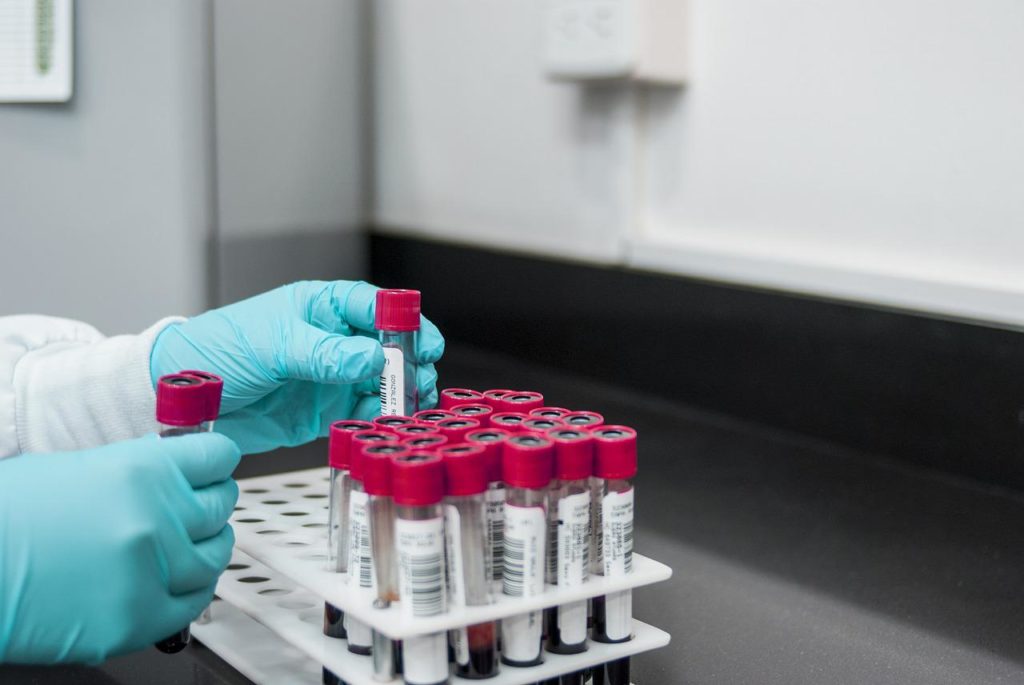Those who are at high risk for pancreatic cancer now have a new screening option thanks to a novel program developed by Hackensack University Medical Center.
The Center has launched a surveillance program the called IMMray PanCan-d Test. It is the very first test whose primary aim is to detect both familial and hereditary pancreatic ductal adenocarcinoma (PDAC).
We know that the faster cancer is diagnosed, the faster it can be treated and the better outcomes will be for patients.
Currently, the data shows that only one quarter of those who are at high risk of pancreatic cancer partake in screening. This new blood screening option could change that.
High Risk
Those who are at high-risk for pancreatic cancer are those who have a family history of the condition. When grandparents, parents, or siblings are diagnosed with pancreatic cancer, it is called familial pancreatic cancer. People are at higher risk for developing cancer if they have had 3 family members with the condition or 2 first-degree relatives.
In addition to those with a family history, you may be at higher risk if you are over 18 and have a BRCA or PALB2 mutation, Peutz-Jeghers syndrome, cystic fibrosis, hereditary pancreatitis, familial atypical multiple mole melanoma, familial adenomatous polyposis, or Lynch syndrome.
The current screening method for pancreatic cancer includes an MRI or an endoscopic ultrasound. These are expensive, time-consuming, and not appealing to many individuals. For instance, the endoscopic ultrasound requires patients to fast and to be sedated. An easier screening method could mean more individuals who decide to be screened, and ultimately, more lives saved.
The New Screening Method
This test includes a blood test which measures the levels of a biomarker. This biomarker can tell researchers whether or not the immune system is responding to pancreatic disease within the blood.
The IMMray PanCan-d examines 9 different biomarkers which can detect PDAC. As PDAC is the most common of the types of pancreatic cancer, this is incredibly valuable.
Each sample is analyzed to see responses to each biomarker. All of these responses are combined to determine whether individuals are high-risk, not high-risk, or borderline high-risk.
A peer-reviewed article has demonstrated the new blood test has a sensitivity of 92% as well as a specificity of 99%, which shows incredible promise. Stage 1 PDAC as well as Stage 2 PDAC was diagnosed with 89% sensitivity and 99% specificity.
You can read more about this novel blood test here.






